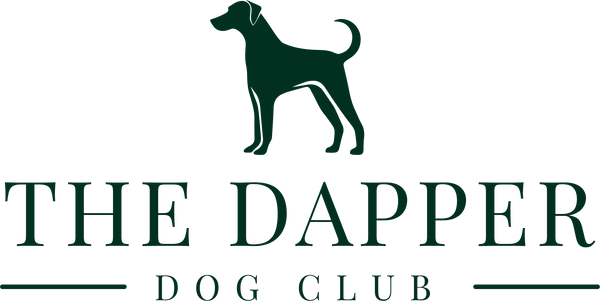History:
Originating in China over 2,000 years ago, Pugs were companions to Chinese emperors and prized for their charming personalities. They later made their way to Europe, becoming favorites among European royalty. Pugs gained popularity in the West and are now cherished as beloved companions worldwide.
Appearance:
Pugs are small dogs with a distinctive wrinkled face, curled tail, and a sturdy, compact build. Their expressive eyes and curled tail add to their endearing appearance. Their smooth coat can be fawn, apricot fawn, silver fawn, or black, with a distinct "mask" on their face.
Temperament:
Pugs are known for their playful and affectionate nature. They are often described as "clowns" due to their entertaining antics. Pugs form strong bonds with their owners and thrive on human companionship. They get along well with children and other pets, making them excellent family dogs.
Health Considerations:
Pugs are a brachycephalic breed, meaning they have short noses and flat faces. This can result in respiratory challenges, especially in hot or humid weather. Regular veterinary check-ups are essential to monitor their respiratory health. Pugs may also be prone to obesity, so a balanced diet and regular exercise are crucial.
Trainability:
While Pugs are intelligent, they can have a bit of a stubborn streak. Patience and positive reinforcement methods work best in training. Early socialization is important to ensure they are well-behaved and comfortable in various situations.
Exercise:
Pugs enjoy moderate exercise, and short walks or play sessions are usually sufficient to keep them happy. Be mindful of their sensitivity to extreme temperatures, as they can struggle in both hot and cold weather. Interactive play and puzzle toys are great for mental stimulation.
Other Considerations:
Pugs are known for their expressive facial expressions, and their wrinkles require regular cleaning to prevent skin issues. Their curled tail is a distinctive feature but can be prone to injury, so gentle handling is important. Due to their affectionate nature, Pugs may suffer from separation anxiety if left alone for extended periods.

